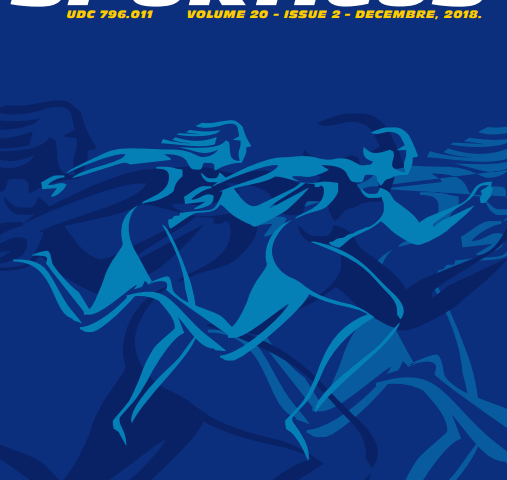Abstract
This study aimed to examine whether there are statistically significant differences in personality structure and achievement motivation dimensions between athletes involved in individual and team sports, as well as between recreational and professional athletes. We operationalized personality traits through the Serbian translation of BFI, and the motive for achievement through MOP2002. We conducted cross-sectional research online. The sample consisted of 173 respondents, of which 55.5% were engaged in individual and 29.5% in team sports; 23.1% were professional and 73.4% were recreational
athletes. There were 86 men in the sample (49.7%). The mean age of the subjects was 26±7.8. The results show that athletes engaged in individual and team sports, as well as professional and recreational athletes, don’t statistically differ on 5 personality traits (p>.05). Athletes playing team sports achieve higher results in orientation towards competition from those playing individual sports (t(146) = -3.9; p<.01). Athletes playing individual and team sports don’t differ in the expression of orientation towards achieving goals, orientation towards planning nor in perseverance in achieving the goal (p>.05). Professional athletes have a more pronounced orientation towards competition with others (t(165)=3.9; p<.01) and an orientation towards achieving goals (t(165)=3.6; p<.01), they are more persistent in achievement of goals (t(165)=2.3; p<.05), while the orientation towards planning is equally present in both groups (t(165)=-.80; p>.05). We can conclude that personality traits are not and the motivation for achievement is in a dependent relationship with the choice of individual or team sport, nor with playing sports professionally or recreationally.
Keywords: individual and team sports, professional athletes, recreational athletes, motive for achievement, personality


